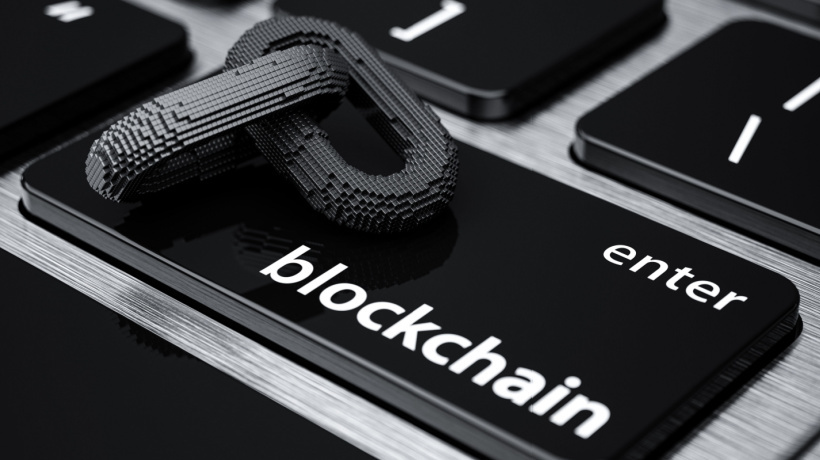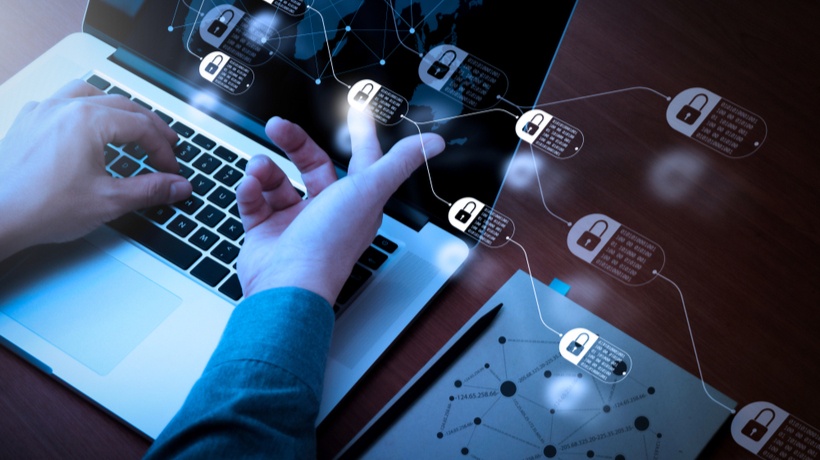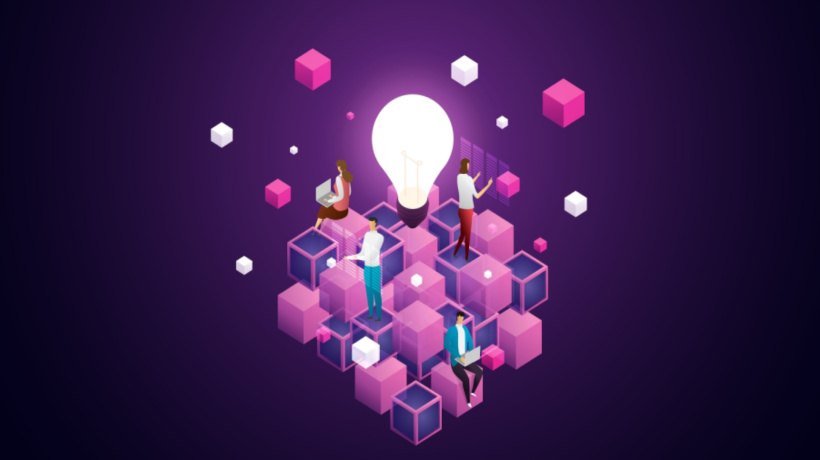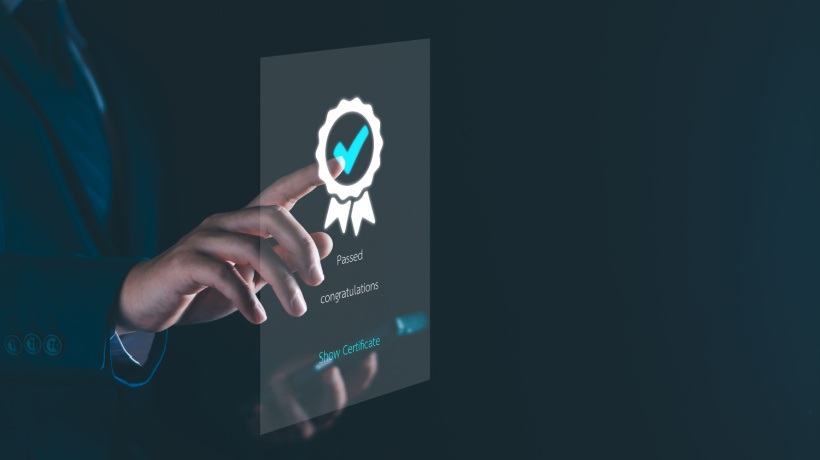Blockchain's Impact On eLearning
Blockchain technology was first developed to ensure the safety of cryptocurrency transactions. After establishing itself there, it was applied to other sectors with equal success. Accordingly, a decentralized network has begun to improve the educational system.
With the rise of online education, there has been a massive increase in the volume of information transferred electronically. There is communication between students, educators, and outside vendors during the instructional and learning processes. With blockchain LMSs, you can rest assured that your student data is safe from prying eyes.
In the modern era, training resources can be accessed from anywhere and on any device, and their dependability is not in question. In addition, specialized tools ensure that qualified writers are available to create niche content.
In this piece, I'll discuss how blockchain technology can improve education methods and results. We will identify the benefits of innovation and draw attention to the challenges that reduce the recipients' interest.
What Is Blockchain Technology?
You need to know blockchain and how it works before grasping how it changes the educational landscape. To many, blockchain is the technology behind Bitcoin that ensures all transactions are recorded in an immutable and distributed ledger across a network of users. To rephrase, blockchain is a technology that facilitates recording data that is inherently unchangeable, hackable, and controllable. Blockchain is a distributed, shared ledger that cannot be altered or destroyed and is stored in multiple copies across the network of computers that make up the blockchain. Because of this, data and information can be gathered with the help of the blockchain. This data can be organized and analyzed using other technologies to uncover deeper insights.
What Blockchain Can Do For Online Education
Capturing And Maintaining Information
A block is a unit of data storage in blockchain technology. A straight line represents the chronological order of the blocks. Once the information has been saved, it can't be changed or overwritten. The stored block can be altered, though. At a certain point, the system will record that X has transitioned to Y. Thus, the blockchain's recording data modifications over time are non-destructible.
Securing Intellectual Property
Educational institutions' research and efforts have sparked or at least influenced many breakthroughs and developments. People who make a living in education frequently invest much time and energy into creating intellectual property through research. In a digital-first and data-driven economy, the need to protect and, ideally, monetize the results of these educational efforts is critical.
Effectiveness
The use of blockchain technology in online education facilitates efficient and effective study. Tutors can keep tabs on their students' development, provide instant feedback, and test their comprehension. Therefore, learning is more efficient than in a conventional classroom, especially for those unable to physically attend classes. Improved course performance, maintenance, and data security lead to happier users, who are more likely to upgrade their skills, while satisfied instructors can more efficiently create new lessons.
Improved Exposure
Blockchain's distributed ledger technology keeps a timestamped log of transactions in near real time. This helps verify grades, show a full report card, and support students up to date on their standing. When students turn in their work through the blockchain, they cannot "lose" it or claim that the teacher misplaced it.
The Use Of Digitally Signed Contracts To Establish Responsibility
Instructors, college administration, and students will soon have access to smart contracts. An electronic contract outlining the parameters of an assignment, along with the due date and grading schedule, could be signed by both students and teachers. One possible application of smart contracts is the settlement of student debt.
Distributed Online Course Management Systems
The potential for blockchain to support decentralized learning environments is an exciting development. There are online communities where users can earn money by teaching others what they know. These platforms are consensus-based rather than centralized. Blockchain technology opens up the possibility of a collaborative learning environment that a single instructor does not control. The use of blockchain technology in this context facilitates collaborative learning and promotes uniformity in educational settings.
When using these sites, teachers can post their lessons at whatever cost they see fit, and students need to pay only for the lessons they need.
Ratio Of Adoption
To be truly effective, blockchain, like other previous technologies, needs to be adopted by a critical mass of institutions and businesses. A graduate's credentials are only valuable if they are recognized as such by institutions to which the grad applies for employment. Blockchain credentials are currently the exception rather than the rule; however, hundreds of schools are already issuing and accepting them, and a network of job sites is promoting their adoption.
Worldwide Access
However, not all academic institutions can afford to invest in cutting-edge study and instructional resources. This is a major area for improvement in today's educational technology. By providing access to the world's most effective educational practices, instructions, and courses, blockchain technology offers a solution to this problem. Regardless of where they are or what they have studied, anyone can gain access to the most recent research and certified information in their field. In addition, when applied to eLearning, blockchain code removes barriers related to time, location, qualification, and financial standing.
The use of blockchain technology in the classroom has enormous benefits for all parties involved in creating, distributing, and consuming educational content. This cutting-edge innovation reduces the financial and time burdens of professional development opportunities for individuals.
Summarizing
A key component of human ingenuity and survival is blockchain technology. We have yet to begin to explore its potential contributions to societal development. Blockchain's enhanced security and incentives will disrupt entire industries, including the online education sector. We expect further development and refinement of current tendencies in educational technology.
Blockchain is still in its infancy as a business tool, with limited use outside the financial, logistics, and manufacturing sectors. The eLearning industry can benefit from enterprise blockchain development services in many other ways besides digital certificates and cryptocurrencies as incentives.









